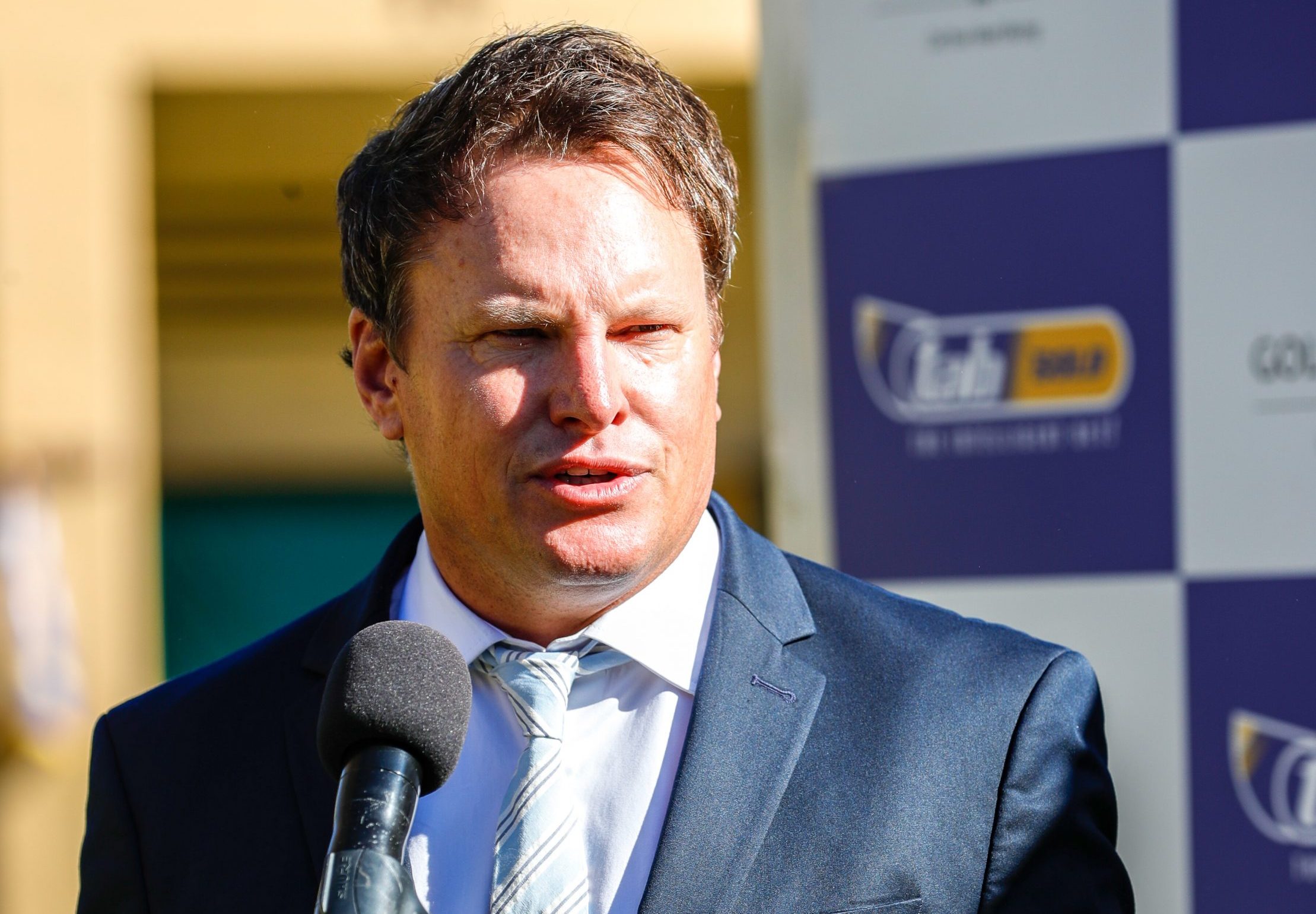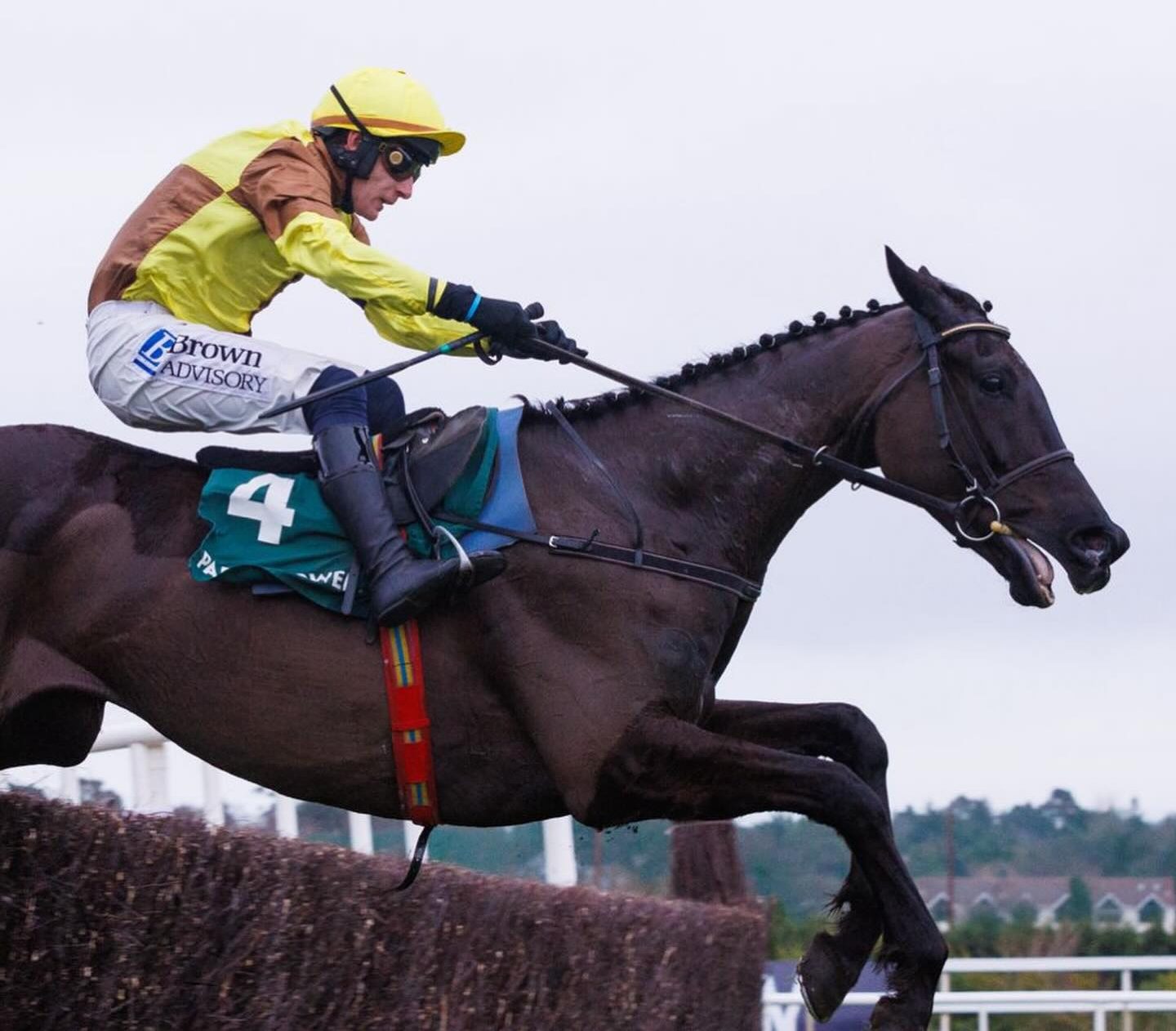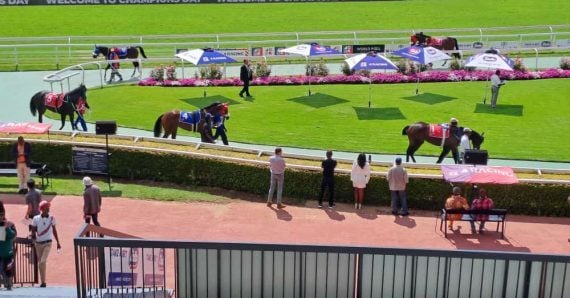If there’s been a landmark in innovation in the sales scene in the last quarter of a century, it’s the Emperors Place Ready To Run.
The idea took root at Summerhill because they were battling to compete at conventional sales with the established vendors of the era. They had to find another way of wrapping up their product: people judge a book by its cover, and packaging can be theatre. The Ready To Runs customers have voted with their feet: they love this sale, mainly because of its history of so many champions, but also because there’s hindsight in seeing your fancy run.
At the yards of all the major consignors, Ambleway, Balmoral, Far End, Klawervlei, Maine Chance, Mauritzfontein, Patterson Racing & Yellow Star, things are abuzz as the countdown for the gallops on the 17th & 19th October at Turffontein and Summerhill respectively, begins. We found an extract from the latest Summerhill brochure which pretty much sums up the atmosphere out there.
“There’s a fundamental basis though, to the success of the Ready To Run, and it lies in the education of the horses, the faith they have in their handlers and the lessons they’ve learned. Watching our grooms at the sales ground, you’d think they were strapping the most valuable horses in the world. It’s like they’re as delicate as some earthen jug from the tombs of the Nile, to be handled gently, reverently, because one careless touch could undo the work that has led to this day.
At Summerhill, the Ready To Run youngsters are housed in three locations, little principalities of their own, places of hope and despair, depending on how this or that horse is going. The jockeys, as we know them, are the “chopper pilots” of the horse game. They occupy a murky world which starts hours before dawn, in the pitch dark, when the night is so still, so windless, you can hear the branches talking to each other in the avenues of trees that demarcate these places from the rest of the farm. At that time of the morning, nothing is happening in little old Mooi River, a few kilometres away, where people won’t start arriving for work for another three or four hours. Normal people work there.
Here at Summerhill, the members of this private society, the “Salon Privé” as we know it, are going through a routine that’s hundreds of years old, and is barely changed. The lights are on in the principalities. You hear the swish of brooms, the sounds of strappers talking softly to horses, of water buckets being filled, the thud of straw hitting concrete, the footfalls of horses on their way to the track. This side of town has a smell of its own: a cocktail of horse hair and of sweat on rugs and saddle blankets, of urine on straw, the bittersweet aroma of eragrostis hay.
As the first string departs the yard, the atmosphere is vibrant and alive. This is the essence of the kindergarten. What you see on race days doesn’t come quite as close to the soul you see out here, where there is no need for affectation, because everyone is an insider. The men on board are educators, not race riders, members of a private, patient profession, where bumps and spills are all part of a day’s work. If there’s a gambler in the Summerhill team, you’ll find him at work in the Salon Privé Monday to Friday, but on weekends, he’ll be hanging around the Tote in town, trading his “insider” instincts for hard currency.
It’s in these principalities that you discover whether a horse is a trier or a mongrel, and it’s where the horses are taught the rules: follow the rail, no pig-rooting or u-turns, stretch out when clicked up, the routines and the rituals, cross-tying in the stalls and hosing down with cold water.
Here, in the half-light is an old sport, an old picture, an idiom heavy with gallows humour and rhyming slang, understood only by insiders. There is talk of toffs and “tea leaves”, gents and bludgers, flying machines and cockroaches and centipedes. Other sports aren’t like this; footballers and cricketers train in the bright light of day, the public can go along and watch what is going on. Conventional English is spoken.
In a few hours, the sun is up and the third string is on parade. In the clear light, parts of the original Summerhill take on the air of a lovely old farm “let go” by the present generation. It is loaded with history, but if you look closely, you’ll find spots where the paint is peeling. It’s not through neglect though, it’s to do with time. When the Ready To Run is on, there’s precious little of that, because the detail has been spared for the horses.
That’s the “private society” for you, the people that carry the secrets to the athletes they sit on, that know and understand the mysteries that make a good racehorse. These are the people our customers go to these days for the inside track, for the stories that inspire their investments, and the legends that are the bedrock of our folklore. That’s where Igugu and Pierre Jourdan came from, and Imbongi, Paris Perfect, Fisani and Hear The Drums, among the makers of our modern history.”








